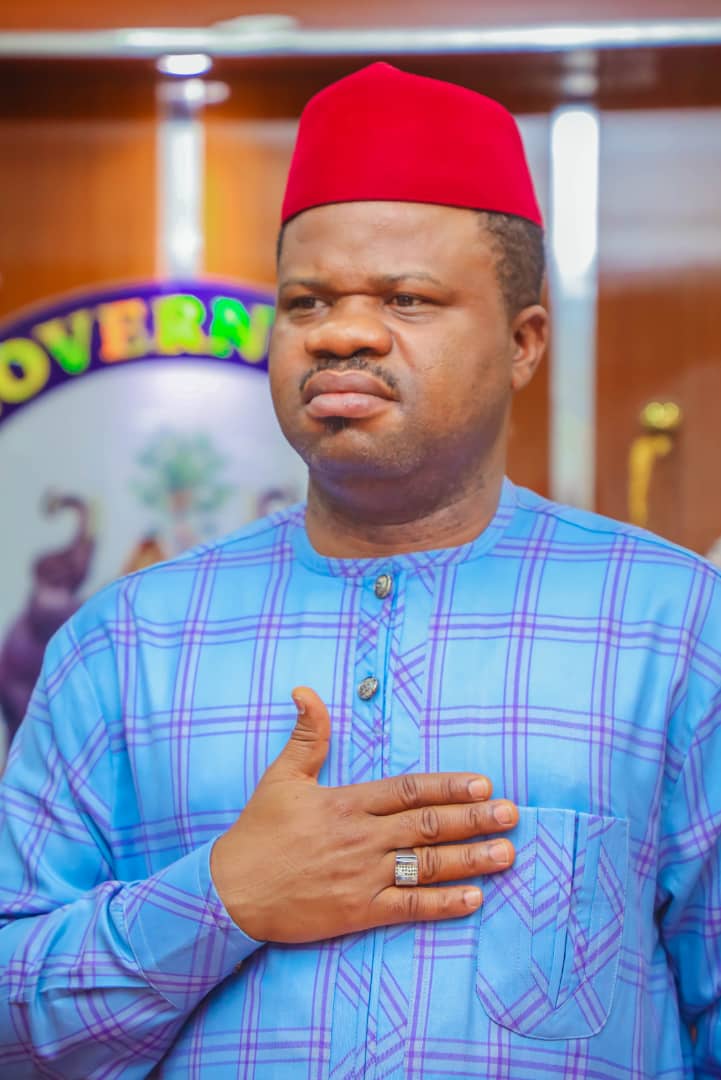Razaq Bamidele
The media has been described as a crucial factor to national security of any nation of the world.
This was the declaration of the President of the Nigeria Union of Journalists (NUJ), Comrade Chris Isiguzo at an online lecture titled: National Security Management: The Role of Media at a one-day national dialogue tagged National Security, Trade Facilitation, Border Drill and Implications For Nigerian Economy.
The event was organised by the Journalists International Forum For Migration (JIFORM).
President of JIFORM, Abiola Abayomi lauded the leadership contributions of Isiguzo in the Nigerian media and urged him to do more.
According to Isiguzo, all the security agencies for effective strategic implementation of their policies and plans must work with the media as a key stakeholder.
“In recent times, Nigeria is faced with critical national security challenges ranging from kidnapping, terrorism (Boko Haram), inter-tribal wars, farmers /Herders clashes and cultism. No doubt, these pose a lot of problems, setbacks and underdevelopment to the country,” he said.
On the roles of the media in information management, the President said the media is a strategic partner in the fight against insecurity in the country.
“As the watch dog of the society. The media has been saddled with the age long responsibility of informing, educating and mobilizing the people to show active participation in governance considering that governance cannot be effective without a well enlightened society.
“In the same vein, the media have a vital role to play in monitoring security institutions and helping citizens make informed decisions regarding the security sector.
“No doubt, the security sector is a unique institution and requires a high degree of expertise for the media to effectively discharge its role in that area. The media often encounter several challenges in covering the sector. Governments may restrict access to information or seek to co-opt journalists, while the media may risk internalising official perspectives on perceived threats to national security.
“Reliance on and privileging of official statements, and a lack of expertise on security issues, can undermine the media’s ability to act as a watchdog,” he said.
The NUJ President added that: “To play an effective role in overseeing the security sector, journalists must have a degree of protection from intimidation and threats.
The media, according to him, must also among others remain unbiased in their reportage, avoid selective and stereotyped reportage of happenings in the society, avoid biased reportage based on religious sentiments, avoid misleading and sensational headlines which could set the country ablaze or cause disaffection amongst groups or individuals, engage in responsible journalism and avoid fake news.”
He however noted that for effective operations, factors inhibiting the media from performing its role must be addressed.
The factors as listed by him included lack of information from government and security agencies, economic challenges, judicial dependence and media ownership.


